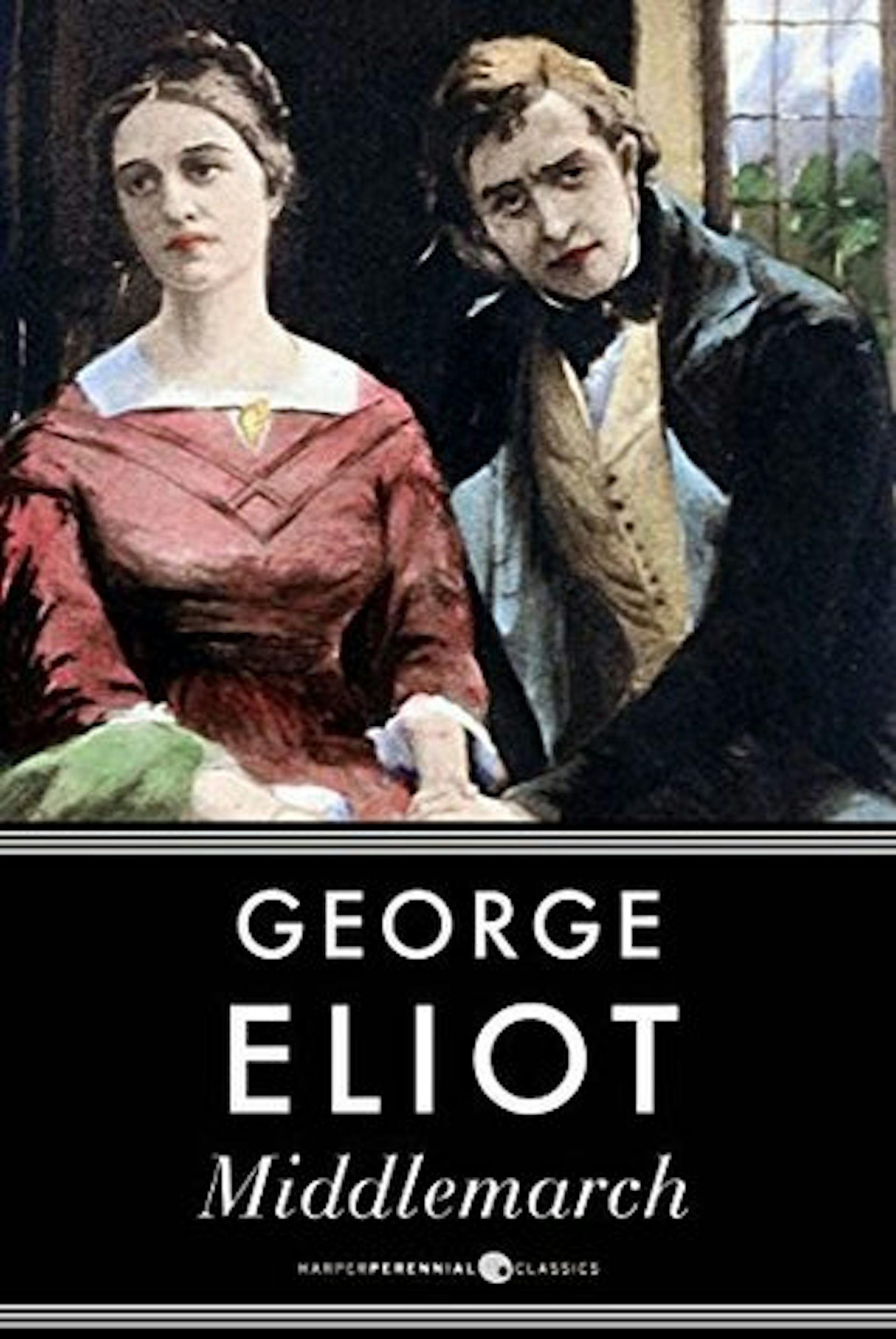

Plus, on top of everything else, this book examines the tension between “church” (Anglicanism) and “chapel” (Methodism) in the British religious scene within a handful of years of the death of John Wesley, before the latter sect put an end to women preachers. But (SPOILER ALERT!) Dinah would rather have Adam than Seth and as for Hetty, she fancies the young heir of the local squire, Arthur Donnithorne by name, and he fancies her too-though the wide difference between their stations in life mean that he can never do the honorable thing by her.Īnd so the stage is set for a novel that mixes up temptation, shame, jealousy, aborted wedding plans, a desperate elopement, an out-of-wedlock childbirth, murder, justice, the agony of lost love, the regret of a ruined friendship, the remorse of doing a wrong that cannot be righted, and a revolutionary (for its time) psychological portrait of the lives and loves of farm folk and the laboring class in upcountry England.

Adam’s intended is a vain, saucy, but irresistibly pretty little thing named Hetty Sorrel the girl Seth wants to marry is a tender, modestly beautiful Methodist lay preacher named Dinah Morris. The brothers love the two pretty nieces of a prosperous farmer and his wife who live nearby. In the imaginary village of Hayslope, on the frontier between the nonexistent English counties of Loamshire and Stonyshire, round about the year 1799, a strong, manly carpenter named Adam Bede lives with his doting mother (who becomes a widow in an early chapter) and his gentle, sensitive brother Seth.


 0 kommentar(er)
0 kommentar(er)
